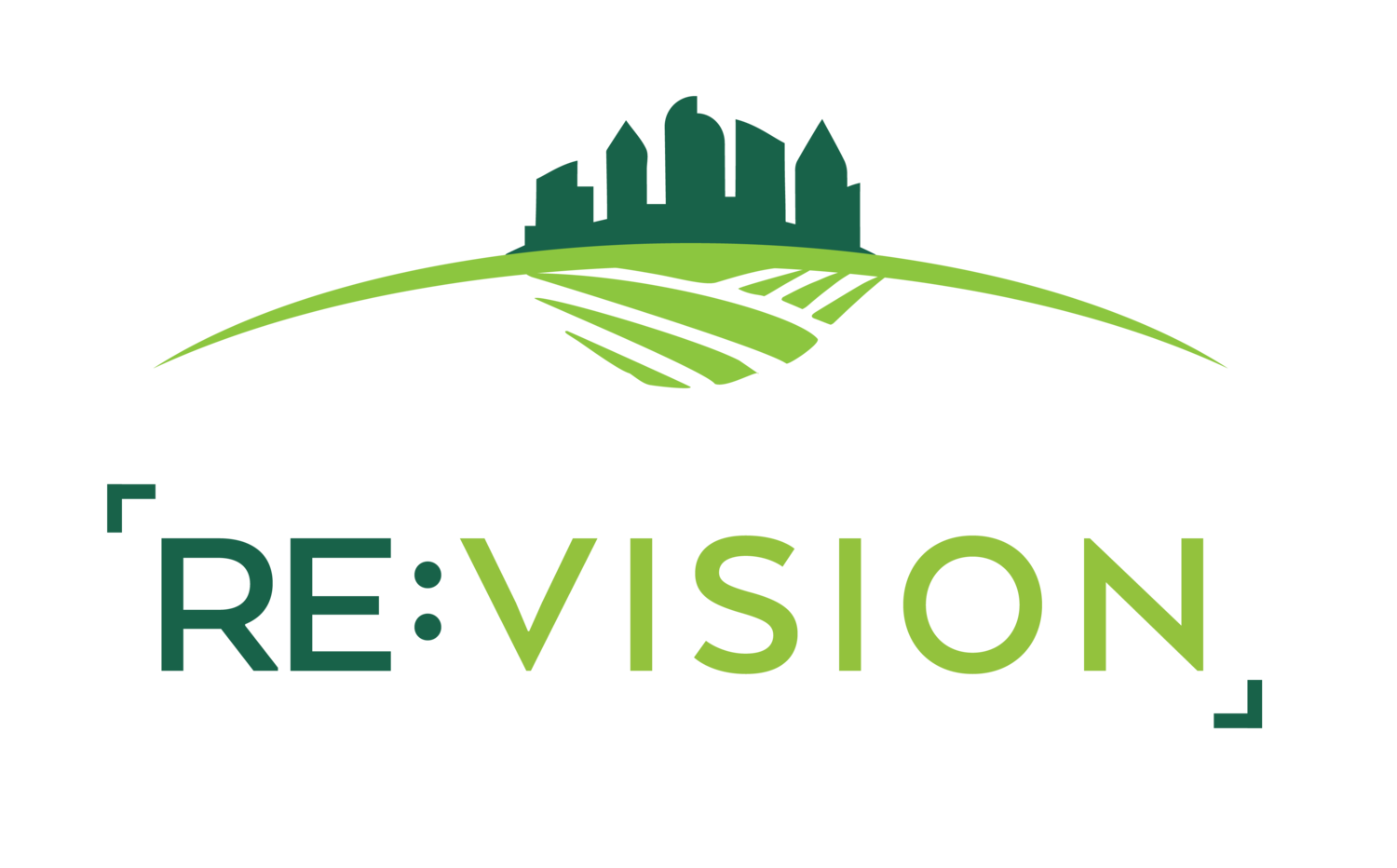Zip Code Blues
Does where you live determine how long you will live? There’s no doubt about it. Research by the Center for Disease Control (CDC) and more locally, from the Colorado Department of Public Health and Environment (CDPHE) confirm that yes - the life expectancy of one county or zip code to the next can differ by years, or even decades. For instance, life expectancy in Denver County is 5 years less than the Colorado average. Disparities among Denver neighborhoods are even more shocking - here in Westwood and surrounding neighborhoods, for example, people live on average 12 fewer years than the Denver average of 75 years.
This concept has been the topic of discussion in many public health forums recently. From op eds in the Denver Post by Colorado Health Foundation president and CEO Ann Warhover, to a presentation by The California Endowment’s Dr. Iton at a Health Equity Learning Series event sponsored by The Colorado Trust, public health experts are actively examining why this unsettling trend is occurring and what to do about it. (If you are into slam poetry, you might prefer to listen to Clint Smith’s chilling description of life expectancy in his own Washington, DC zip code.)
The fact is, policies and politics shape neighborhood resources. Your neighborhood may have plentiful resources – a variety of homes that people can afford, good schools, parks, safe streets and grocery stores. In places where policies and politics don’t benefit the community, sometimes just a few blocks away, neighborhood amenities are sparse, inadequate and substandard. Per Dr. Iton’s argument, living with few resources causes a cycle of unsafe or undesirable living conditions, stress, poor lifestyle choices, and chronic disease - ultimately resulting in early death.
In partnership with organizations like The Colorado Health Foundation and LiveWell Westwood, Re:Vision has been helping residents in food desert neighborhoods of Southwest Denver work to solve their “zip code blues” by inspiring residents to take the lead in advocating for their community’s health and by teaching families how to grow their own food. As a result of our Re:Farm program, thousands of low-income Denver residents have improved their access to healthy foods as well as their relationship with food. Re:Farm participants claim that they not only eat healthier, but also, overall, feel better about their futures.
This past spring, Re:Vision became one of The Colorado Trust’s 34 Health Equity Advocacy grant recipients. We have spent the summer convening regularly with the Trust and other grantees to discuss this very zip code issue, and how we might build a stronger collective “field” of health equity advocates to better shape public policies that support healthier communities. Re:Vision is proud to work with the diverse organizations at the table to help promote the Colorado Trust’s mission of advancing the health and well-being of the people of Colorado. Stay tuned for additional posts related to Health Equity Advocacy as we advance through this process. We hope to share the wisdom we have gained and keep the discussion flowing...
